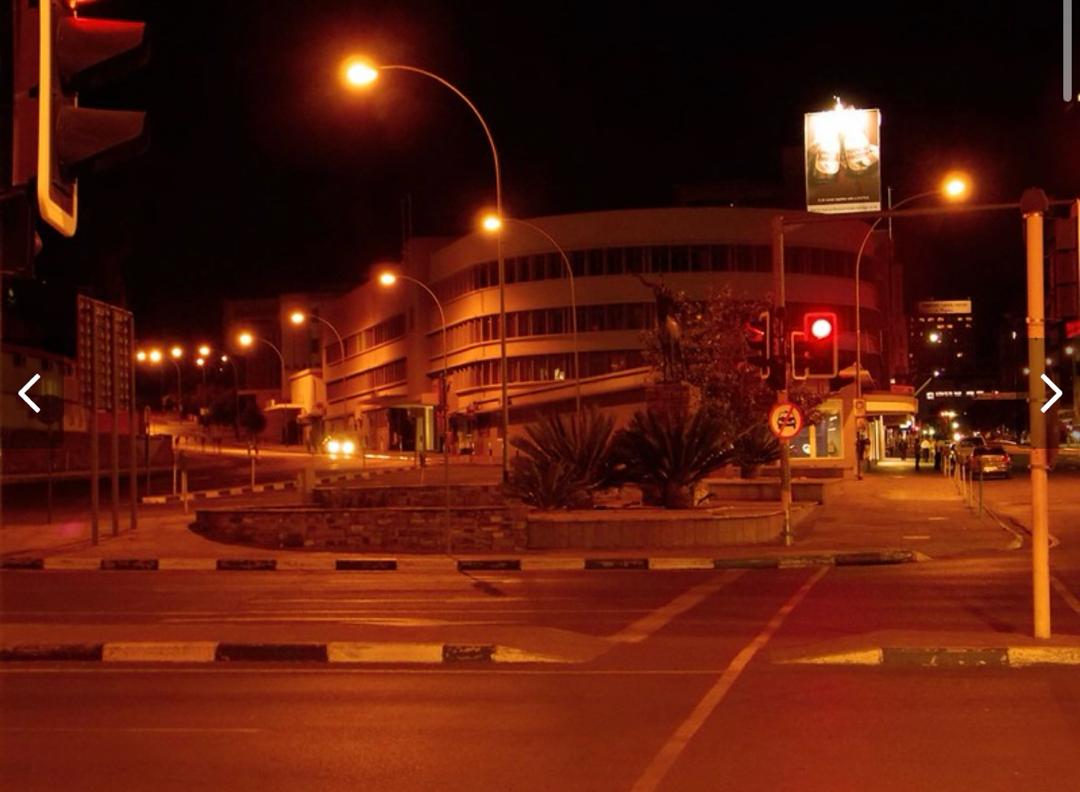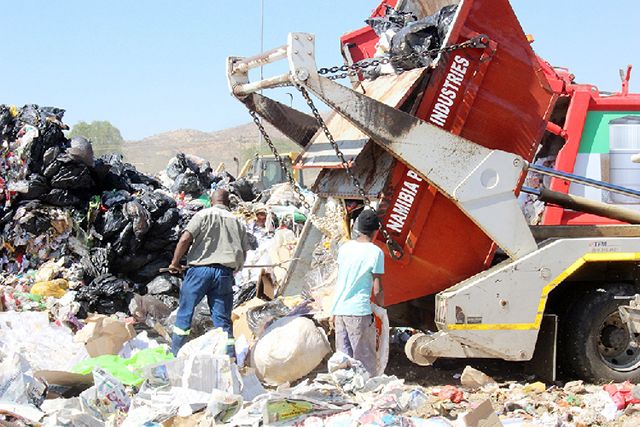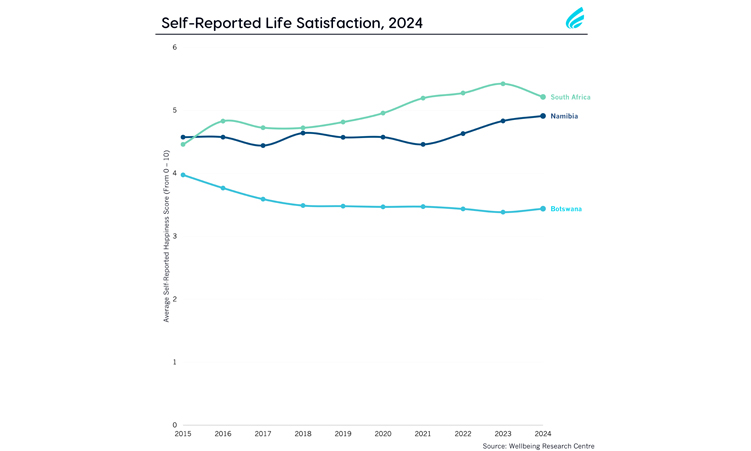‘LAZY’ Police officers received much of the blame for the country’s overcrowded jail cells, as the Ombudsman’s office, the Ministry of Safety and Security and others met on Friday to decide on how to deal with the problem.
Judge President Petrus Damaseb especially took issue with the endless number of criminal cases that are postponed for ‘further investigation’.Damaseb said magistrates allow the State too much latitude, adding that there should be greater scrutiny of requests for postponements.’I make the case that the court must put pressure on the State to be ready with the charge sheet and to make the accused plead as soon as possible,’ he said.Damaseb said that people are often forced to spend six to eight months in Police holding cells for simple crime cases that could have been settled in half the time.’It would appear that whenever the State is not ready to proceed on a trial date, it would simply ask for a postponement for further investigation without explaining to the court to what extent the investigation is incomplete,’ Damaseb said.Magistrates, he said, need to treat these requests as an application, in which case the applicant would need to convince the court why the matter must be postponed.’I take the view that only in exceptional cases should a matter be postponed for longer than 14 days, which would require from the investigating officer to apply his or her mind to the docket and finalise the investigation as soon as possible,’ the Judge President said.Addressing this, he said, would also address the matter of witnesses becoming untraceable after long periods of no contact.This latter issue was raised by Safety and Security Minister Nickey Iyambo in his deliberations on prison conditions following visits to all Police holding cells in the country over the last year.Iyambo said at the start of the meeting that long delays are caused by detainees being unable to pay bail, magistrates not being available, vehicles transporting prisoners breaking down, and habitual offenders being rejected by their families who recommend they stay locked up rather than pay bail.Damaseb further took issue with cases being postponed several times for ‘plea and trial’, saying that hardly ever do the records reflect why the accused was unable to plead on a particular day, or why the case had to be postponed for another number of months.’In some cases, after many months where the accused has been in custody for eight to 12 months, and the charge is put to the accused, he or she pleads guilty and the case is disposed of that very same day,’ he said.He said the prosecution is to blame in these cases, as it appears that whenever they have not drawn up the charges, or when any ‘flimsy excuse’ arises, this becomes a basis for further postponement. ‘I do not for a moment wish to deny the reality that the criminal justice system needs more funding. What I hope to demonstrate though is that there is so much improvement possible if we work smart. A lot of failures in the system are attributable to laziness and lack of co-operation and imaginative problem solving,’ Damaseb said.Police Inspector General Sebastian Ndeitunga acknowledged that laziness could be an issue that needs work in the force, but added that investigating officers are swamped with cases.Many detectives are investigating 300 dockets per officer, he said.Additionally, some Police stations still operate with 30 detectives sharing three cars even after receiving new fleet cars.Commenting on the Police locking up suspects in trivial matters, Ndeitunga said often the reality on the ground looks different than what the records reflect, and each case needs to be analysed on its own merits.’You mention that criminals are locked up for crimen injuria. But you get a call at two (o’clock) in the morning and people are swearing at each other, running around looking for weapons. If you don’t lock them up you might end up with someone getting killed by the next morning. And then it is said the Police were there, but they did nothing,’ Ndeitunga said.The findings and recommendations on cell overcrowding are expected to be made known this week.denver@namibian.com.na
Stay informed with The Namibian – your source for credible journalism. Get in-depth reporting and opinions for
only N$85 a month. Invest in journalism, invest in democracy –
Subscribe Now!










